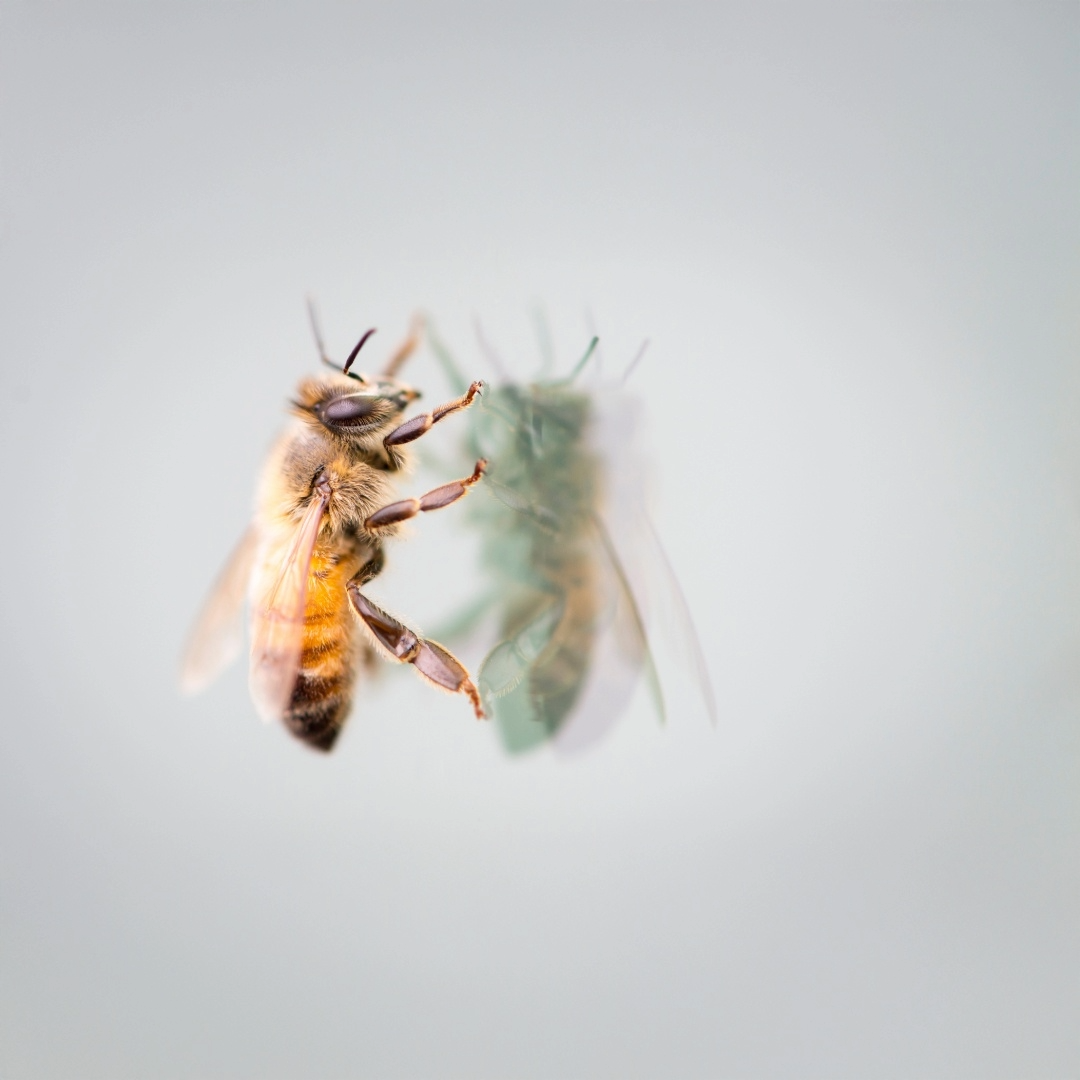A story about being an Earth Empath in today’s world.
Seasonal Nature Connection Guide: Lammas
Seasonal Nature Connection Guide: Litha (Summer Solstice)
Seasonal Nature Connection Guide: Beltane
Why Herbs Work Better Than You Think for Stress
Seasonal Nature Connection Guide: Ostara (Spring Equinox)
A New Phase
Seasonal Nature Connection Guide: Imbolc
Seasonal Nature Connection Guide: Yule
Earth Empath: Signs You Might Be More Than a Nature Lover
Are Dandelions Here to Save the World?
Lucy
Staying Married while on a Self-Journey
Create Your Wellness by Having a Word of the Year
What is Human Design?
The Shape of Burnout
Be Like a Tree at Work to Withstand Any Storm
Why Finding Your Purpose is BS
The Rise of Dawn
Following the Birds
Being around all of these magical birds, gets me pondering. About the bigger lesson, the bigger picture here. And while I do think there are lessons in each of them, collectively these birds are showing me beauty and magic through community, individuality and adaptability. In how, regardless of your surroundings, you can choose to fly above it all.





















